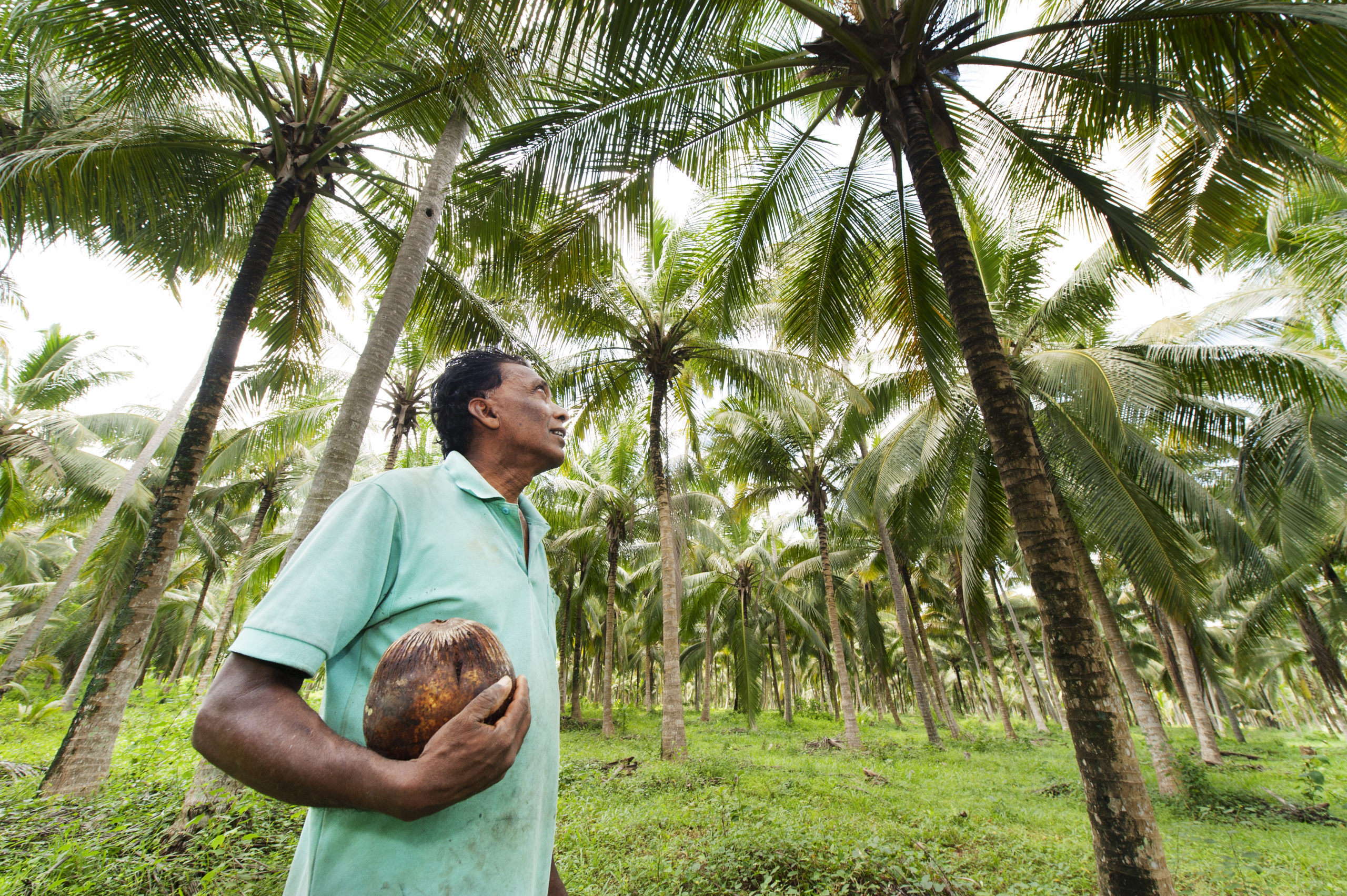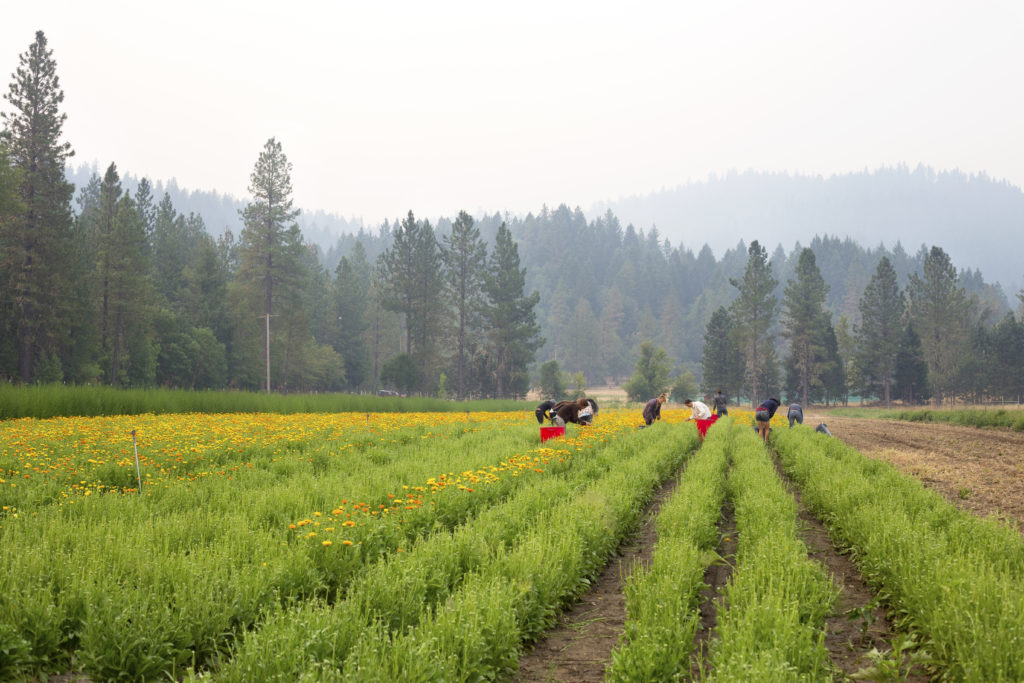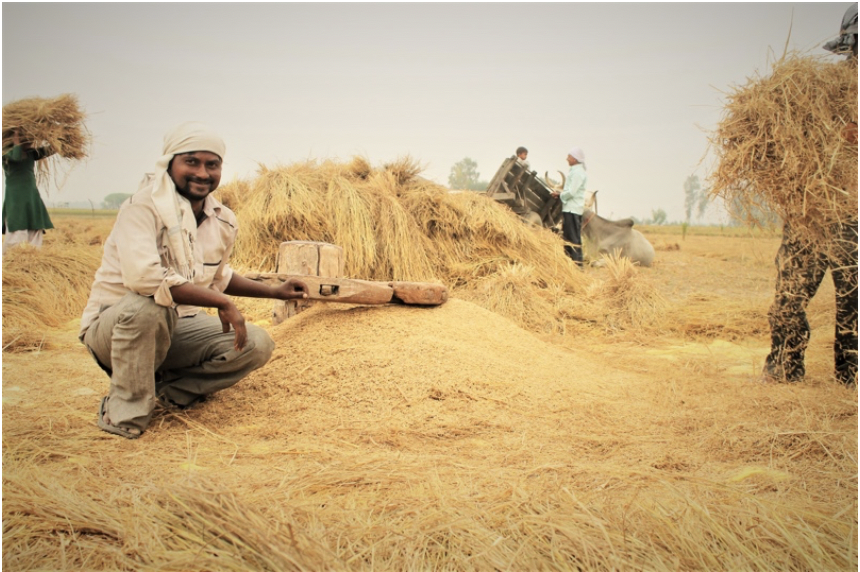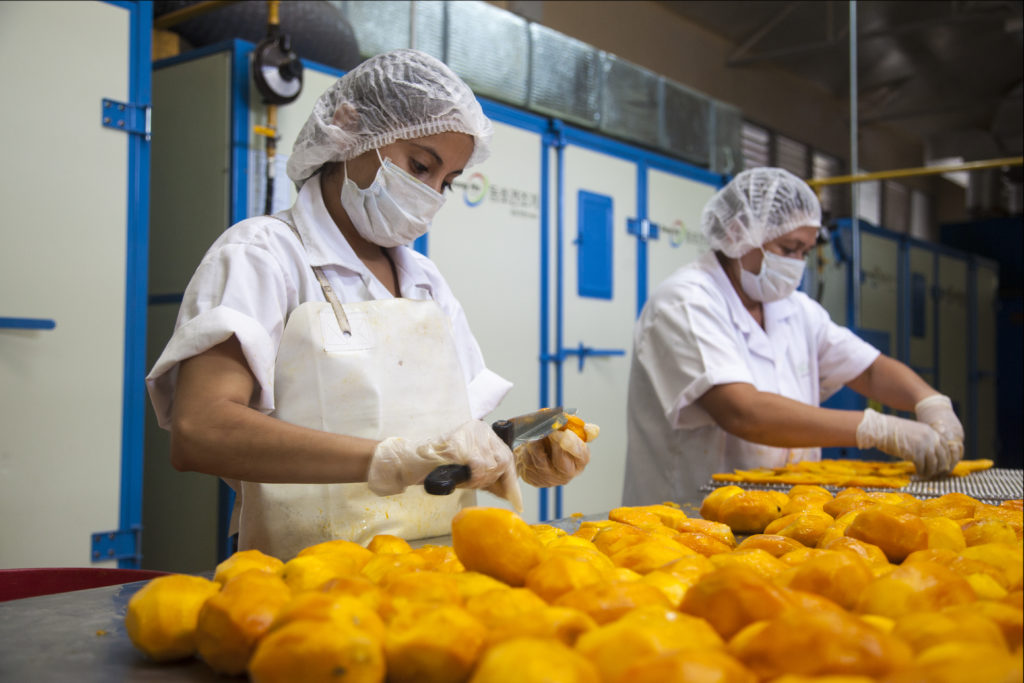Press Release FOR IMMEDIATE RELEASE Regenerative Organic Alliance Launches Journey to ROC™ Initiative in Partnership…

Santa Rosa, Calif. (August 10, 2020) – The Regenerative Organic Alliance (ROA), a group of experts in farming, ranching, soil health, animal welfare, and fair trade, is proud to announce that the Regenerative Organic CertifiedTM (ROCTM) certification standard for food, fiber, and personal care products has completed its pilot phase and is now open for general certification. Additionally, the ROA is thrilled to announce the availability of the first ROC products in the marketplace.

Before being eligible for ROC, farms must first hold USDA organic certification. ROC then adds further criteria to ensure soil health, animal welfare, and social fairness, making it the highest standard for organic agriculture in the world. By choosing an ROC product, consumers can know at a glance that their purchase supports farm workers, soil health and pasture-based animal welfare. The new certification also has three levels—bronze, silver, and gold. The levels require farms and businesses to phase in more rigorous regenerative organic practices over time.
The Regenerative Organic Alliance was formed in 2018 to promote regenerative organic farming as the highest standard for agriculture around the world. ROA exists to heal a broken system, repair a damaged planet, and empower farmers and consumers to forge a brighter future through better farming. And the time is now: COVID-19 has quickly revealed the underlying risks and inequalities in the global food system. Many farmers, doctors, and scientists agree that fixing our broken food system and adhering to regenerative organic practices is one of the tools we have to improve human health, as shown in a new white paper recently released by Rodale Institute and The Plantrician Project.

The ROA first established the Regenerative Organic Certified standard in 2018, then conducted a pilot program the following year to test the standard on real farming operations around the world. The intent of the pilot was to gather participants’ feedback in order to improve the process and the standard’s criteria. With the initial pilot program completed, the ROA will increase the number of approved certifiers and will begin certifying new brands, effective immediately in partnership with their program manager, NSF International.
“The journey to become Regenerative Organic Certified has been unique for each of our pilot program participants, with significant learnings along the way,” said Elizabeth Whitlow, Executive Director of the Regenerative Organic Alliance. “The success that these leading, regenerative organic businesses have achieved in only one year is proof that ROC is not only a viable and attainable certification, but that indeed we are shaping the future of agriculture supply chains and consumer demand for truly regenerative organic products. I look forward to growing the certification in the years ahead with many more brands.”
Consumers can now find the first group of Regenerative Organic Certified products wherever organic products are sold. In addition, PatagoniaProvisions.com has shifted their website to now serve as the definitive e-commerce source for ROC products, ROC pilot products, and products “on the road” to becoming certified, from many different brands and product categories.

Several participants from the 2019 ROC Pilot Program have earned the first ROC designations, demonstrating their commitment to the environment, soil health, animal welfare and fair labor standards. The first brands and farms to display the Regenerative Organic Certified label include:
- Apricot Lane Farms: Avocado Oil from Moorpark, CA
- Dr. Bronner’s: Regenerative Organic Coconut Oil from Serendipol Ltd. in Sri Lanka
- Nature’s Path: Oats from Legend Organic farm in Saskatchewan, Canada
- Grain Place Foods: Popcorn and Cornmeal from Marquette, NE
- Patagonia Provisions: Regenerative Organic Chile Mango from Sol Simple, Masaya, Nicaragua
- Lotus Foods: Brown and White Basmati Rice from Rohini, India
- Sol Simple: Banana from Masaya, Nicaragua
- Other farms and businesses that received certification with products forthcoming:
- Tablas Creek Vineyards: Paso Robles CA
- Herb Pharm: Williams OR
- Guayaki Yerba Mate: Misiones, Argentina